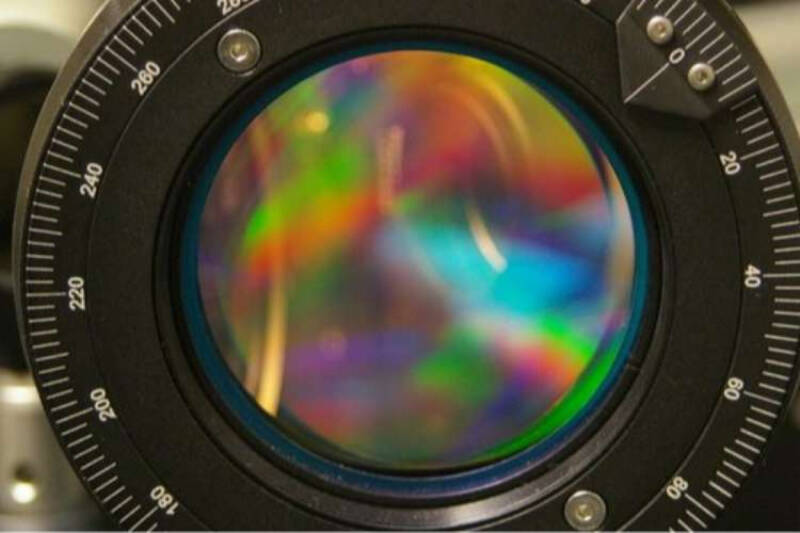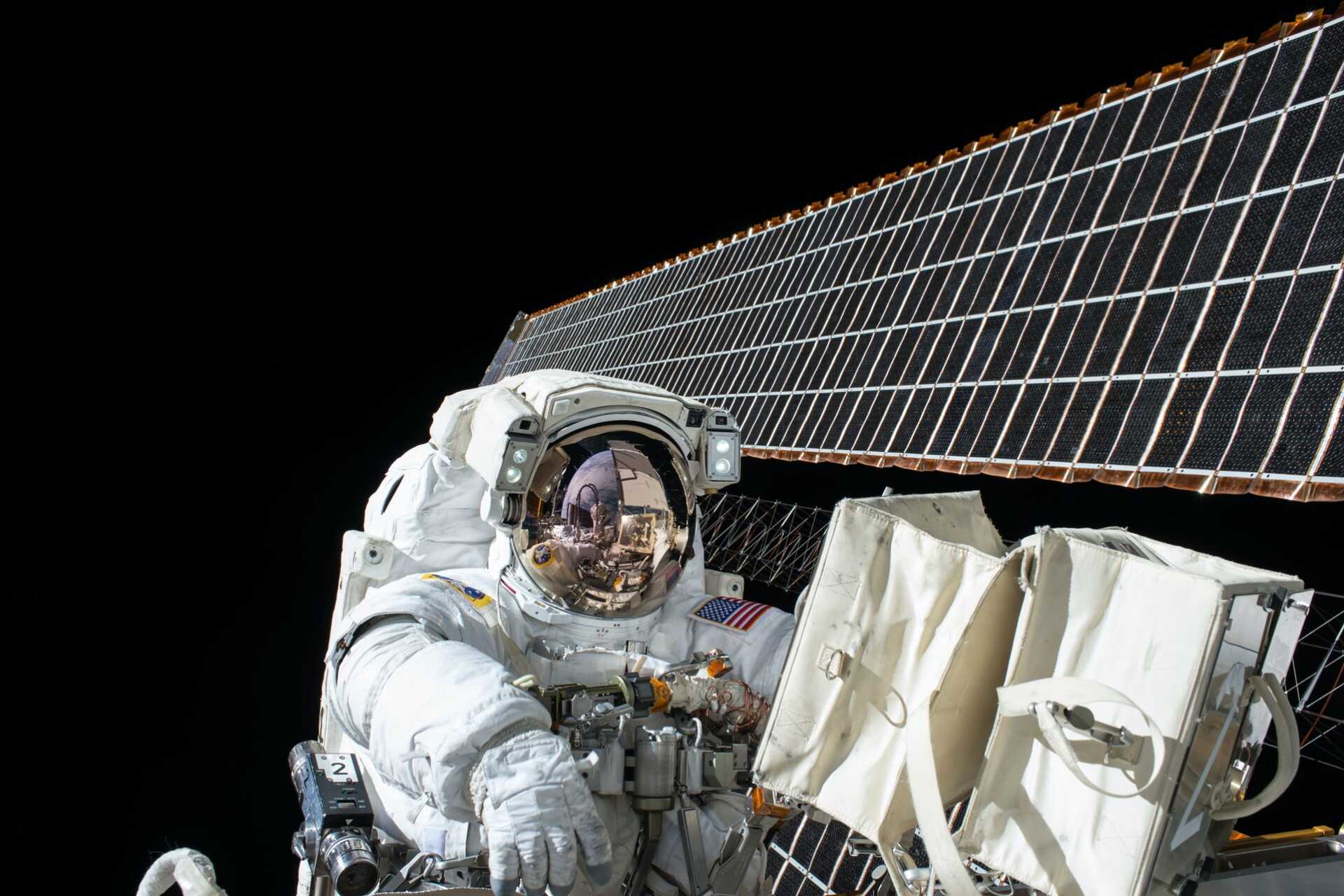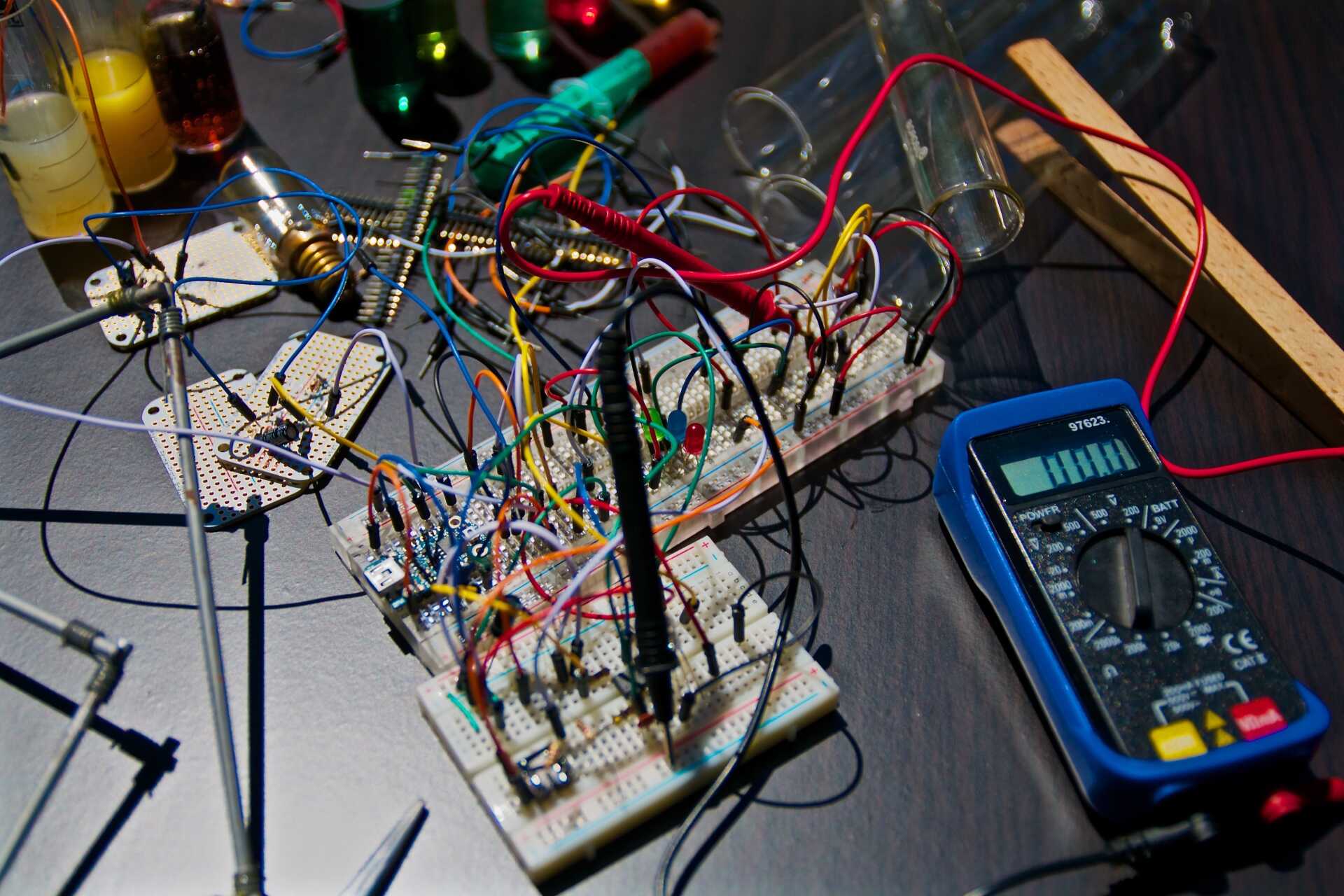Physics and Astronomy research
We are a dynamic research community, producing innovative and interdisciplinary research. Our work has application in many industries, including medical imaging, quantum technologies and security.
World-leading research
Our world-class staff contribute to a stimulating research and innovation culture, supported by excellent internal and external instrumentation and facilities.
We conduct a wide range of high-quality research from the subatomic scale to the study of planetary nebulae and galactic planes. Kent has a long-standing involvement in some of the most historic space missions of all time including the Rosetta spacecraft comet landing. We also manage the Europlanet network - one of the largest international communities of planetary scientists, involving more than 200 European research groups/institutions. Our work on quantum materials aims to facilitate ubiquitous quantum technologies through pioneering work on superconductors, machine learning, accelerator-based facilities and theory.
In the most recent Research Excellence Framework review, 93% of our Physics research was judged to be of international quality. Our researchers were the first to acquire 'en face' optical coherence tomography (OCT) images from the retina and developed the first combined optical coherence tomography/scanner laser opthalmoscope (OCT/SLO). This technology is now used routinely by ophthalmic clinicians in hospitals around the world.
Our research groups
-

Applied Optics Group
Developing advanced optical devices and systems for imaging and sensing.
-

Centre for Astrophysics and Planetary Science
Researching a range of themes including solar system and space science, and star formations.
-

Physics of Quantum Materials
Researching condensed matter physics, in particular Quantum Materials.
Making a difference
Across our research groups we organise high-profile, international conferences and workshops, and our academics have secured substantial funding from sources such as the Science and Technology Facilities Council (STFC), Engineering and Physical Sciences Research Council (EPSRC), The Leverhulme Trust and the Department for Environment, Food and Rural Affairs (Defra).
Our areas of expertise include:
- astrobiology
- energy materials
- galactic plane surveys
- hypervelocity impacts
- optical coherence tomography
- optical sources and fast tuneable lasers
- photoacoustic imaging
- quantum materials and magnetism
- stardust
- star formation
- theoretical astrophysics
- machine learning

Join our world
We offer Physics and Astronomy research degrees at Master's level and PhD. Find out more about our postgraduate courses.
With academic expertise across a range of fields, find a project to suit you and help build a better tomorrow.
